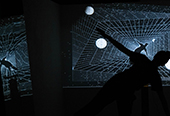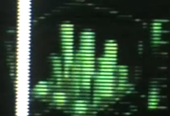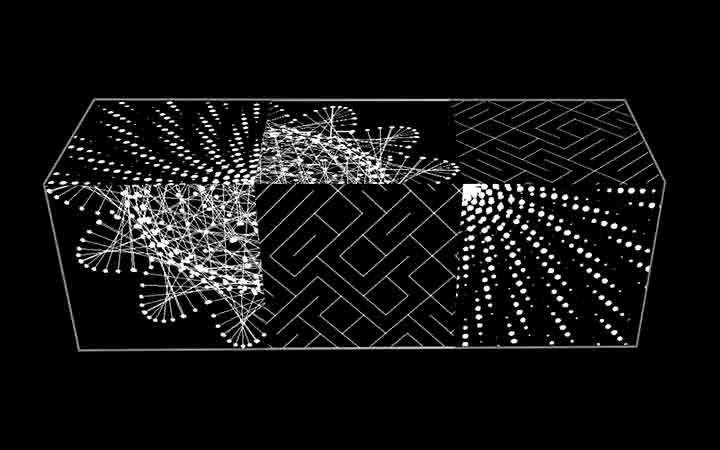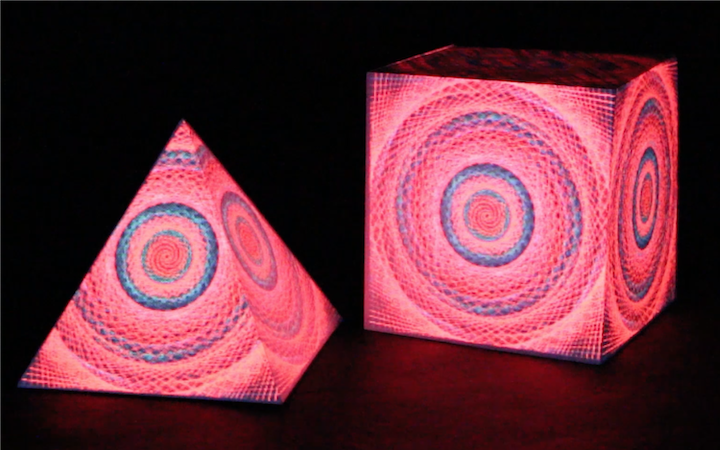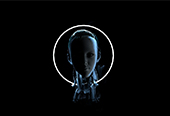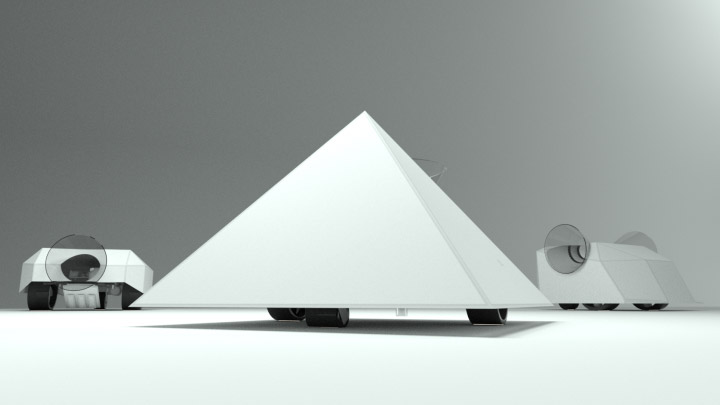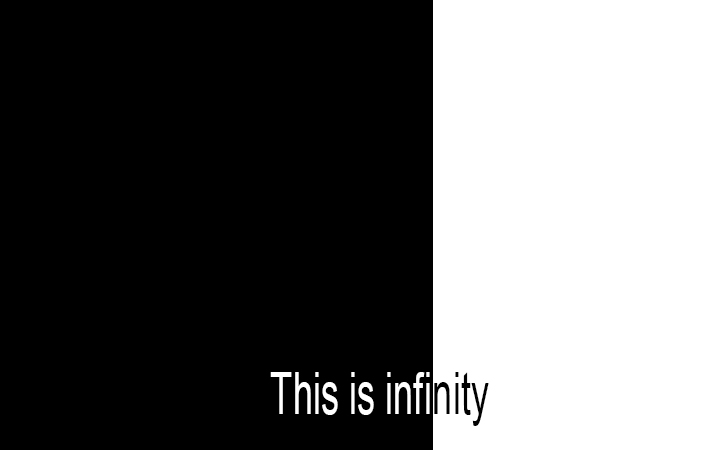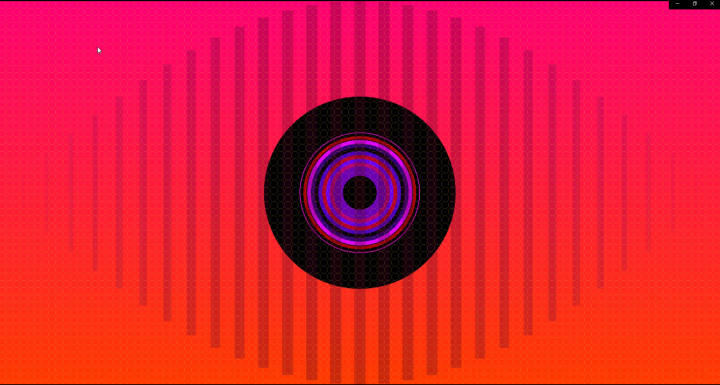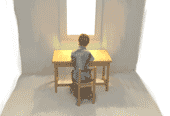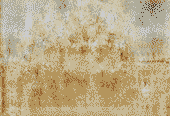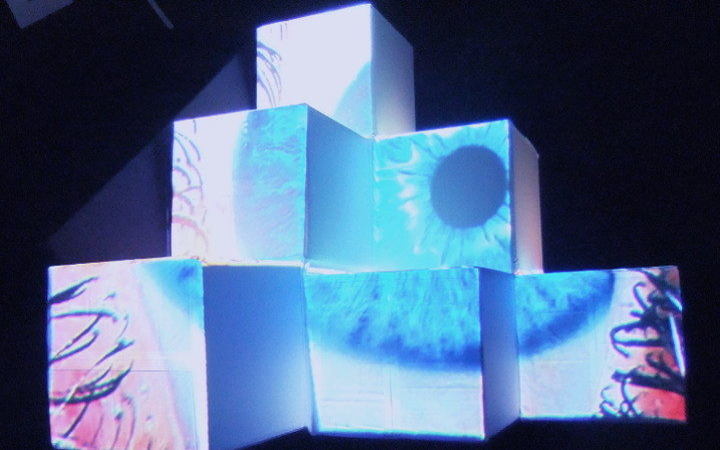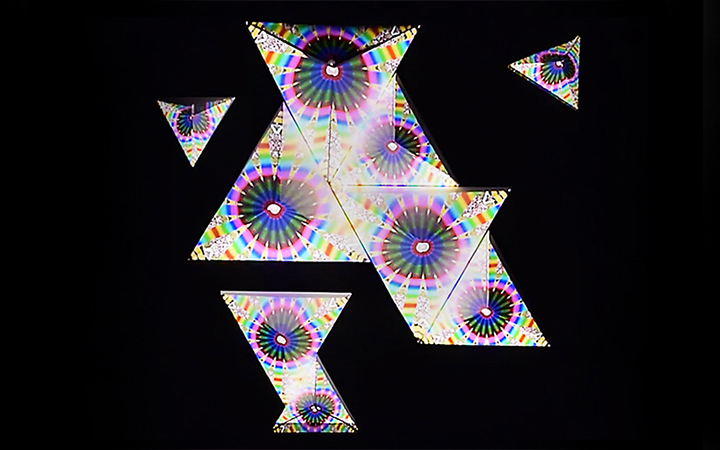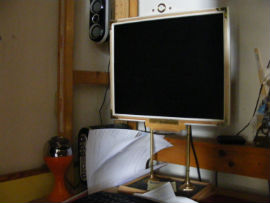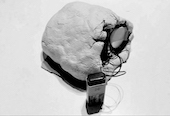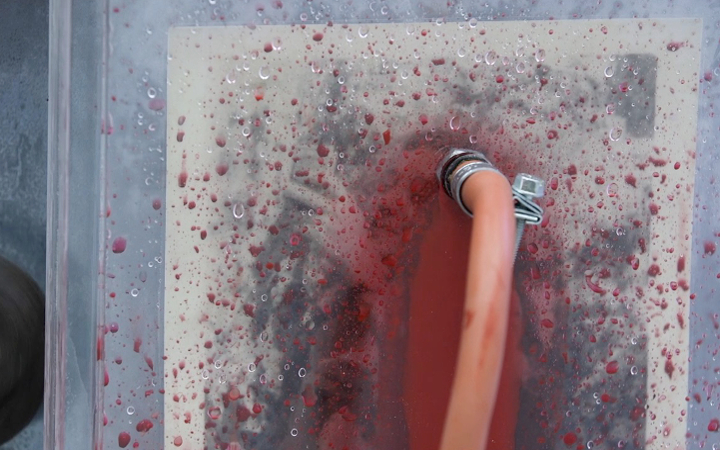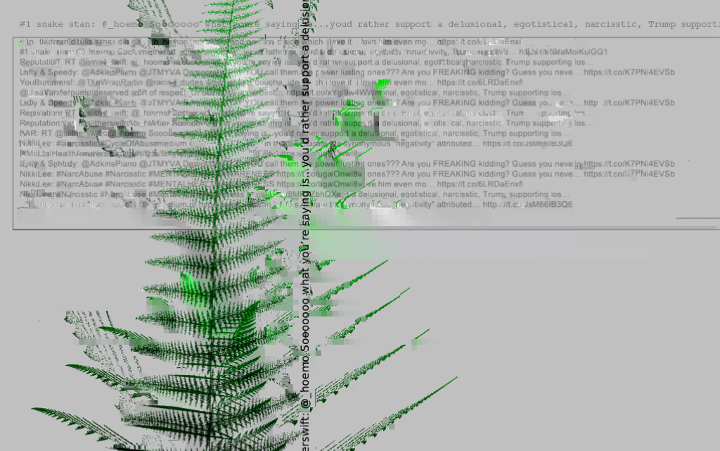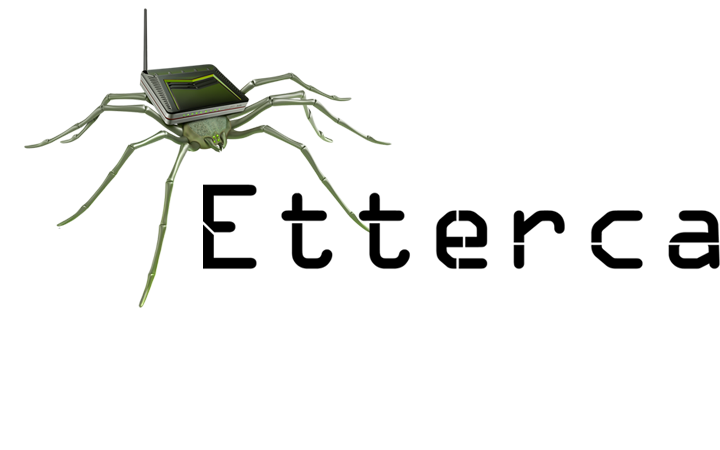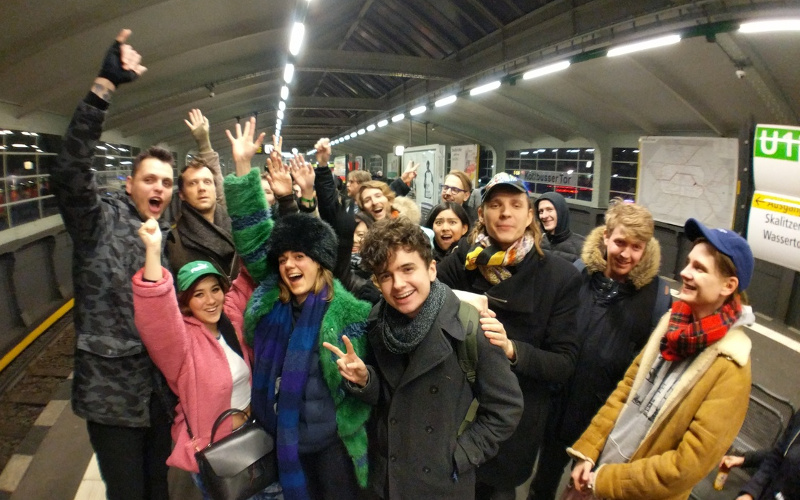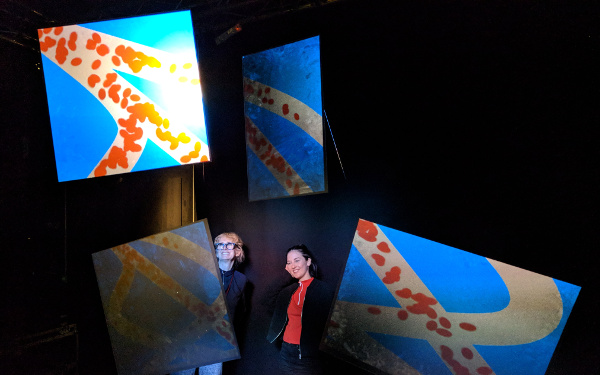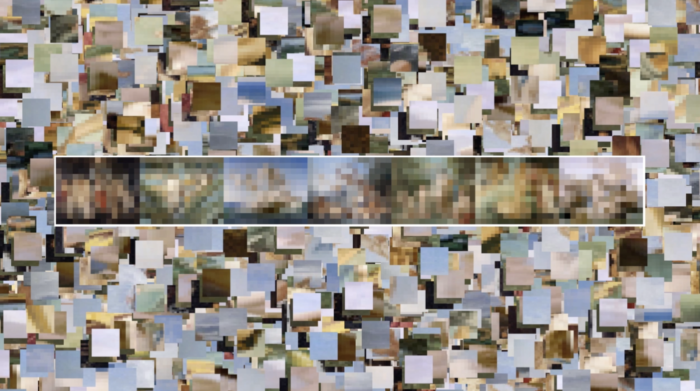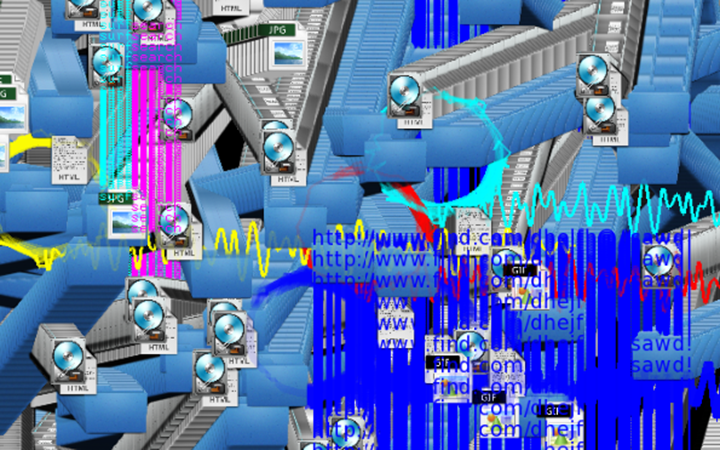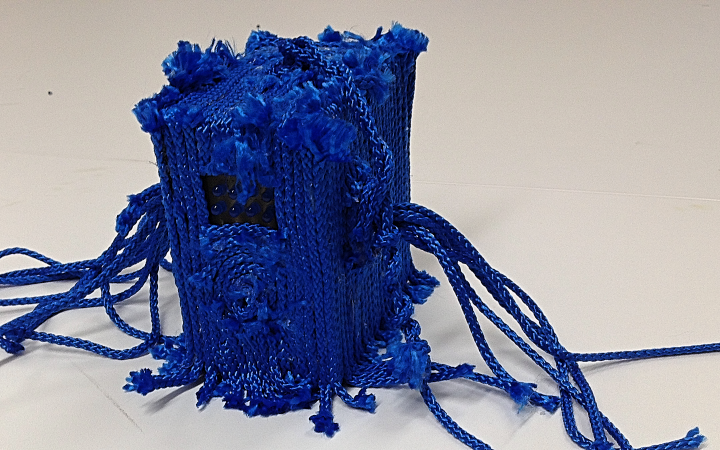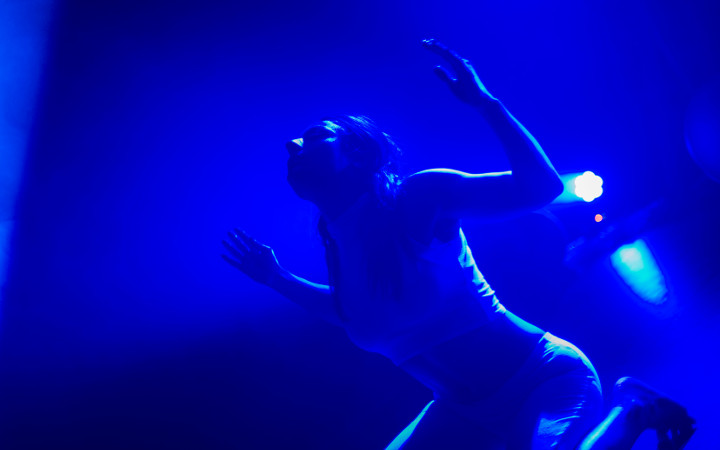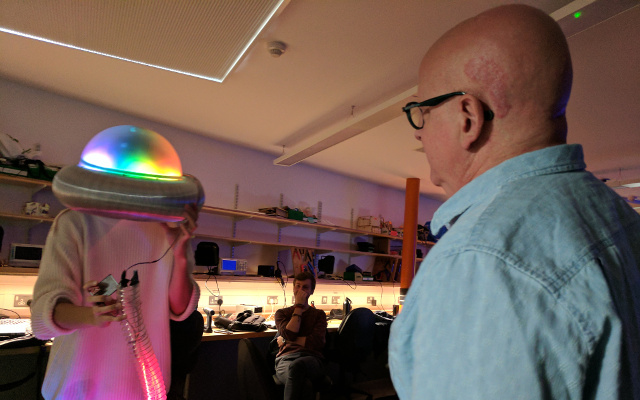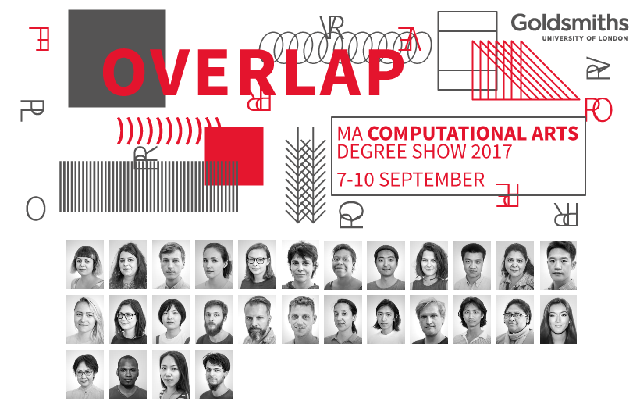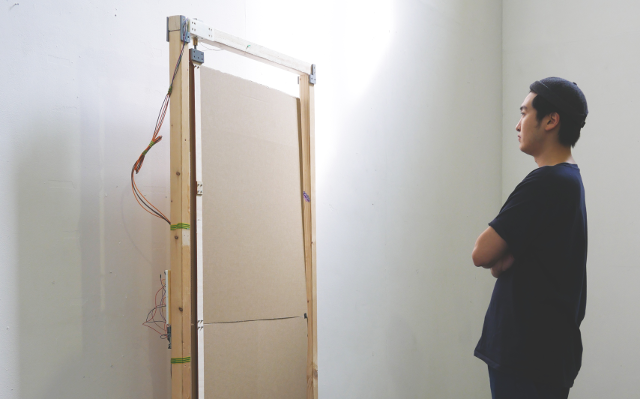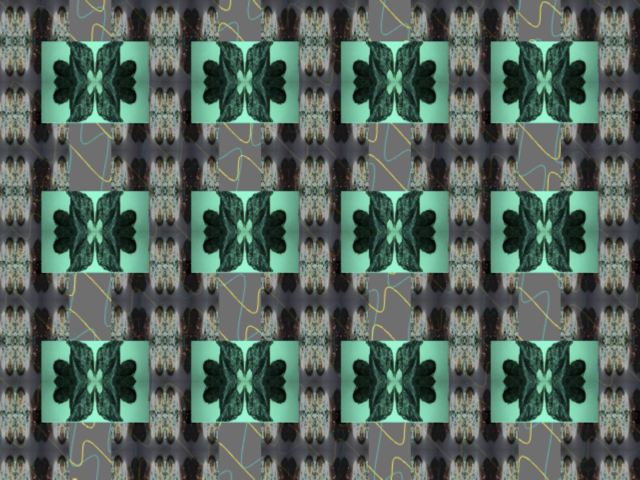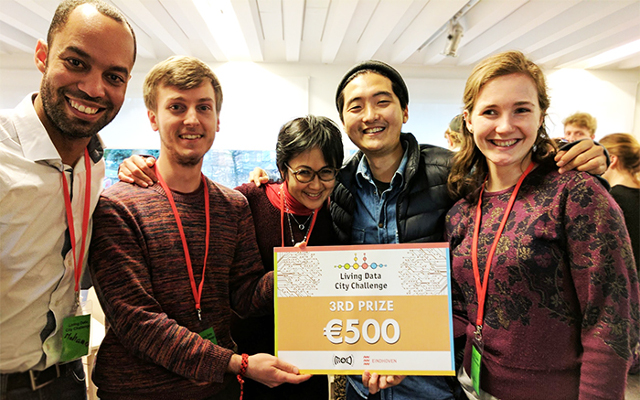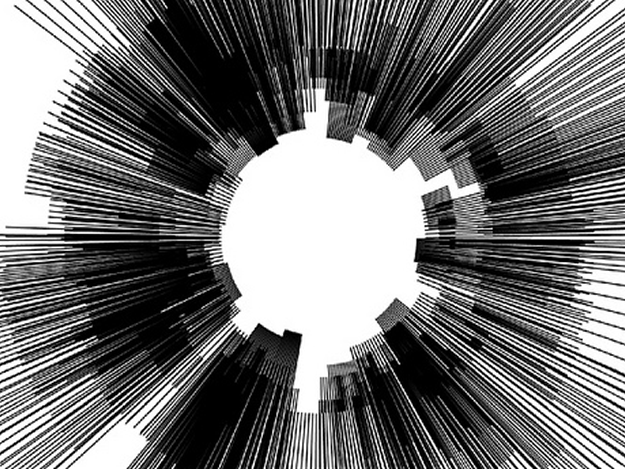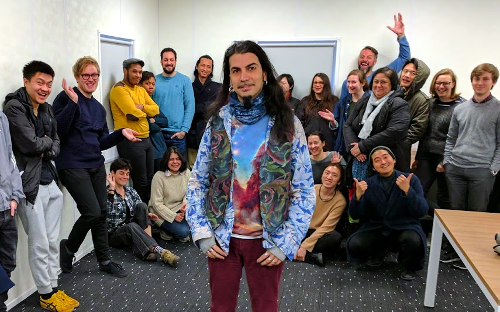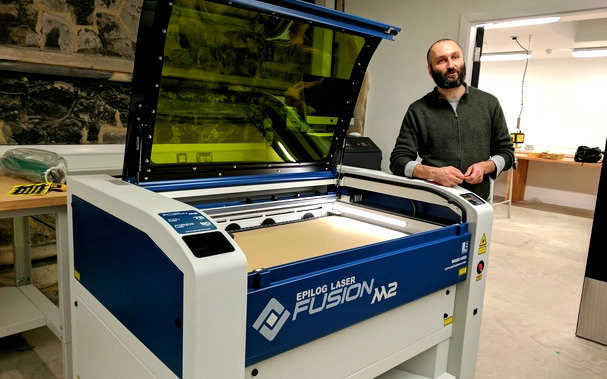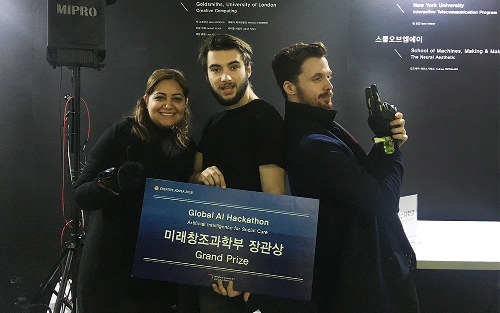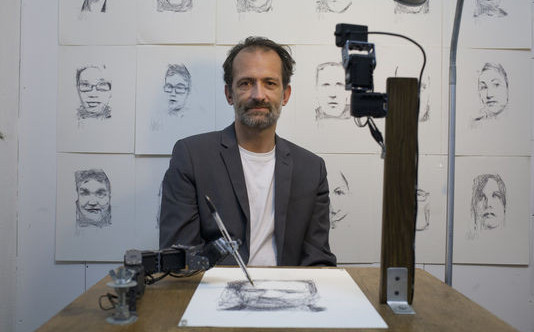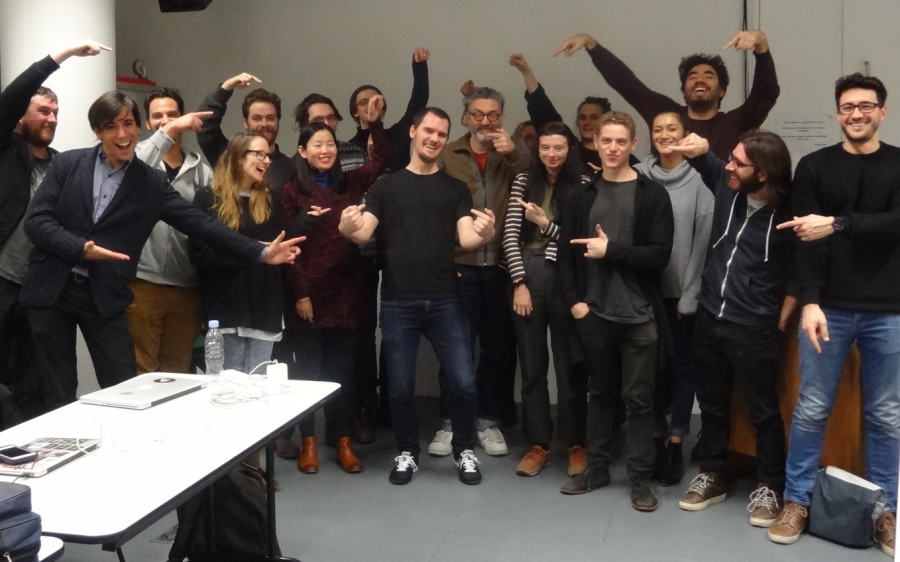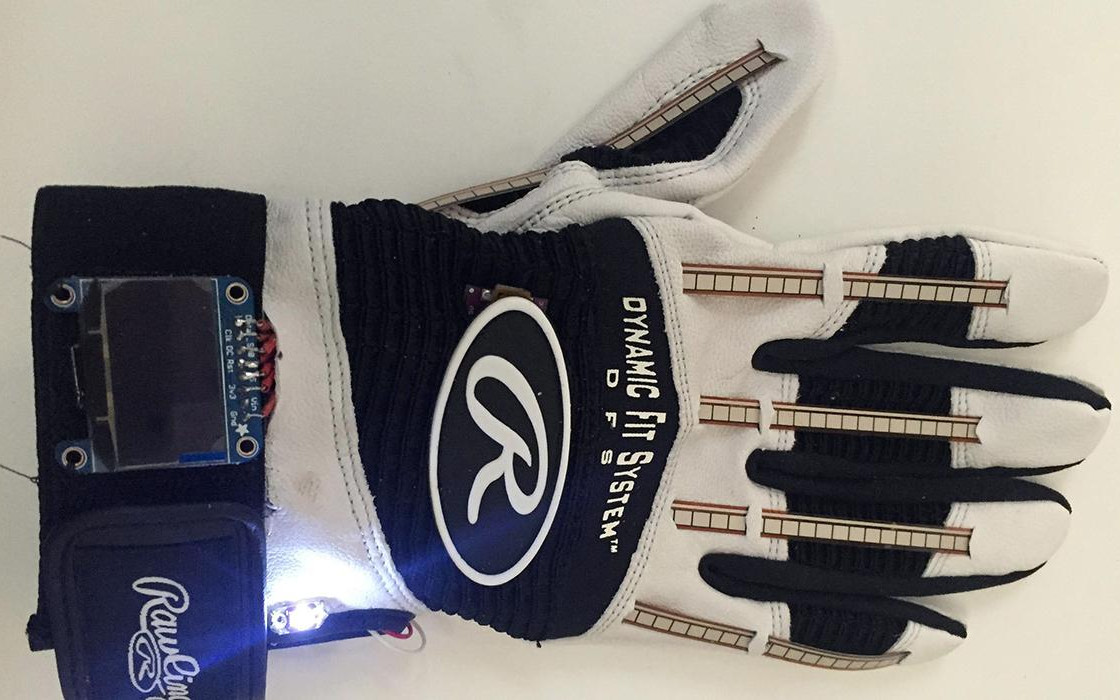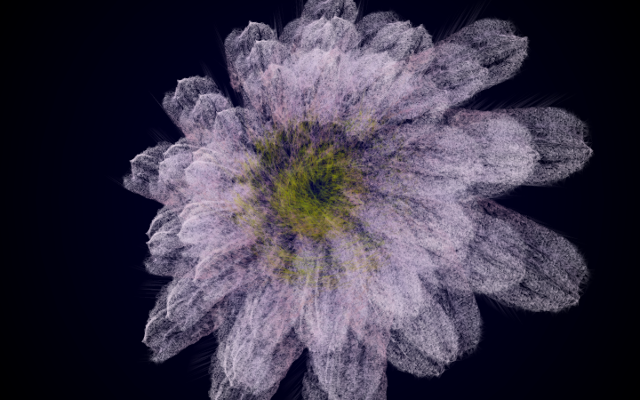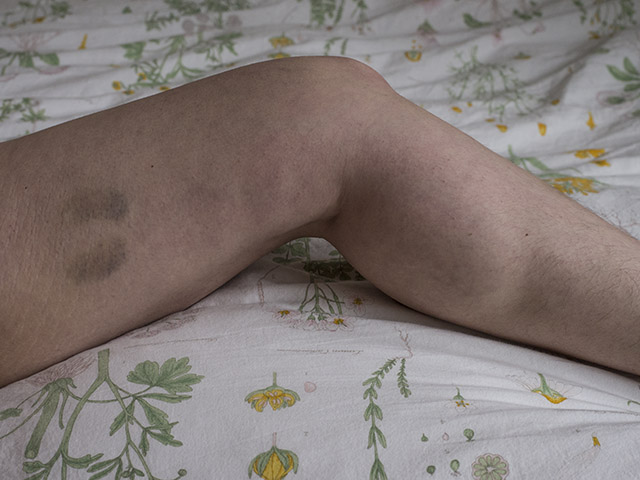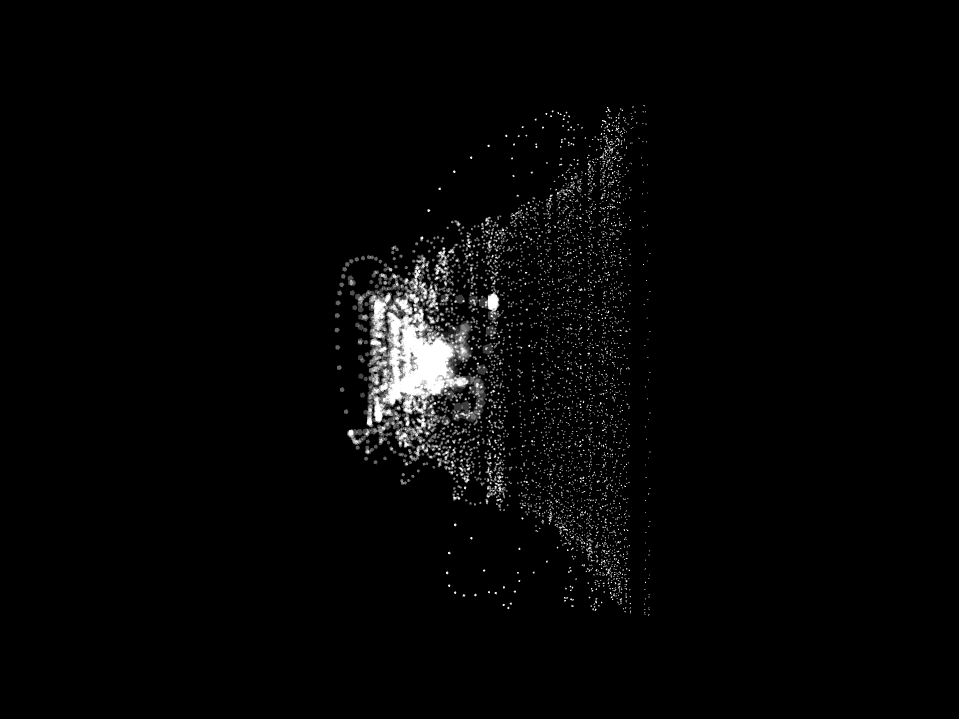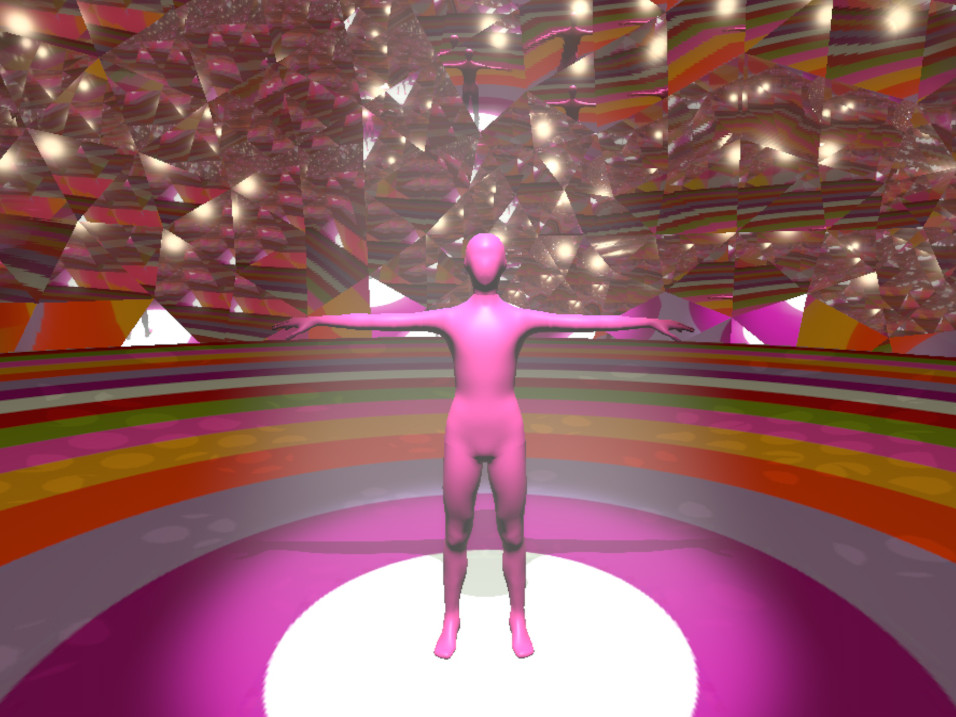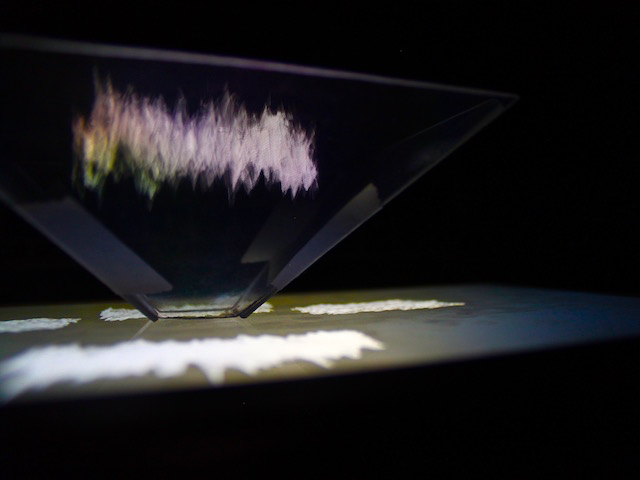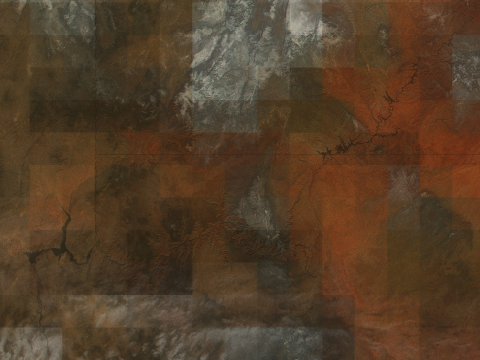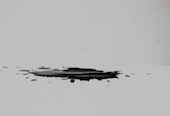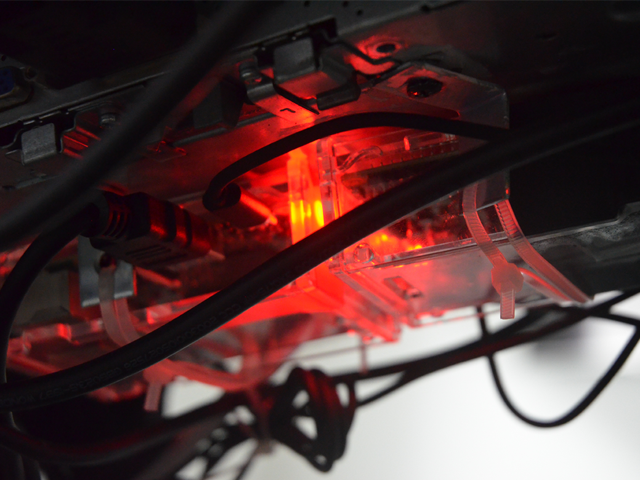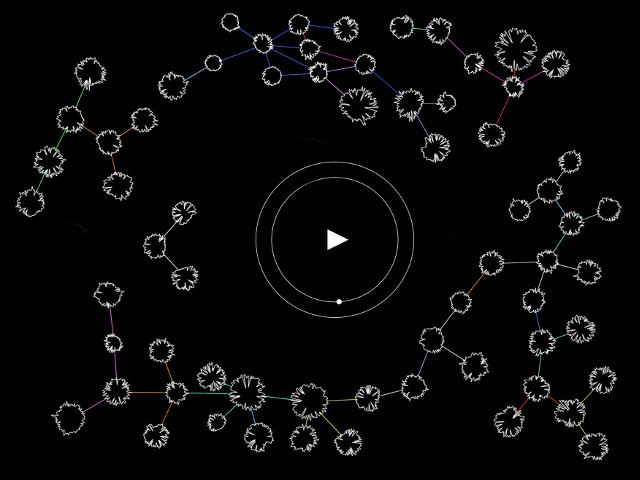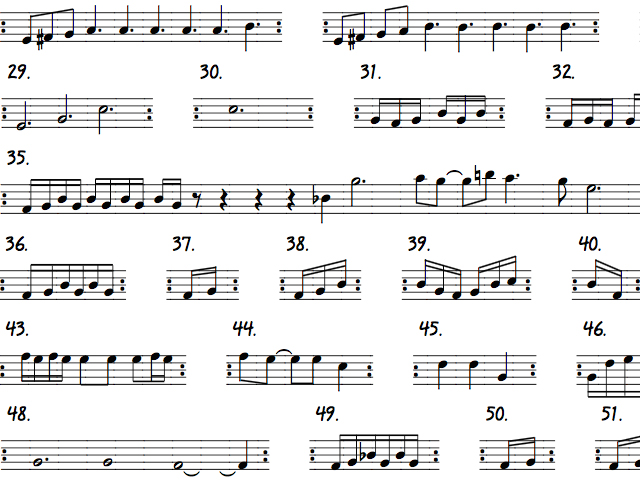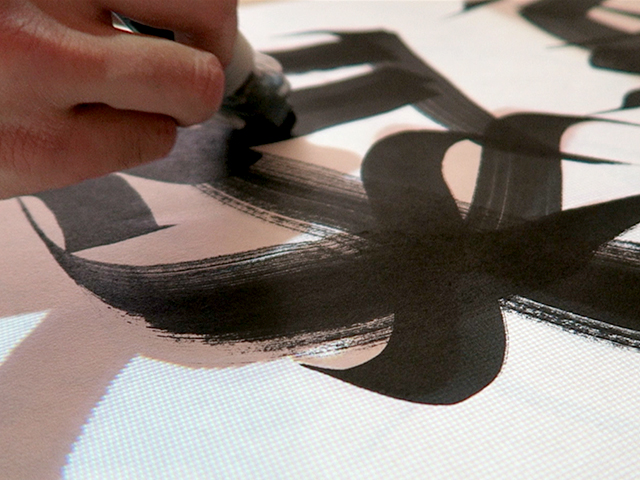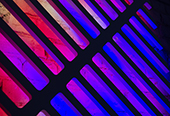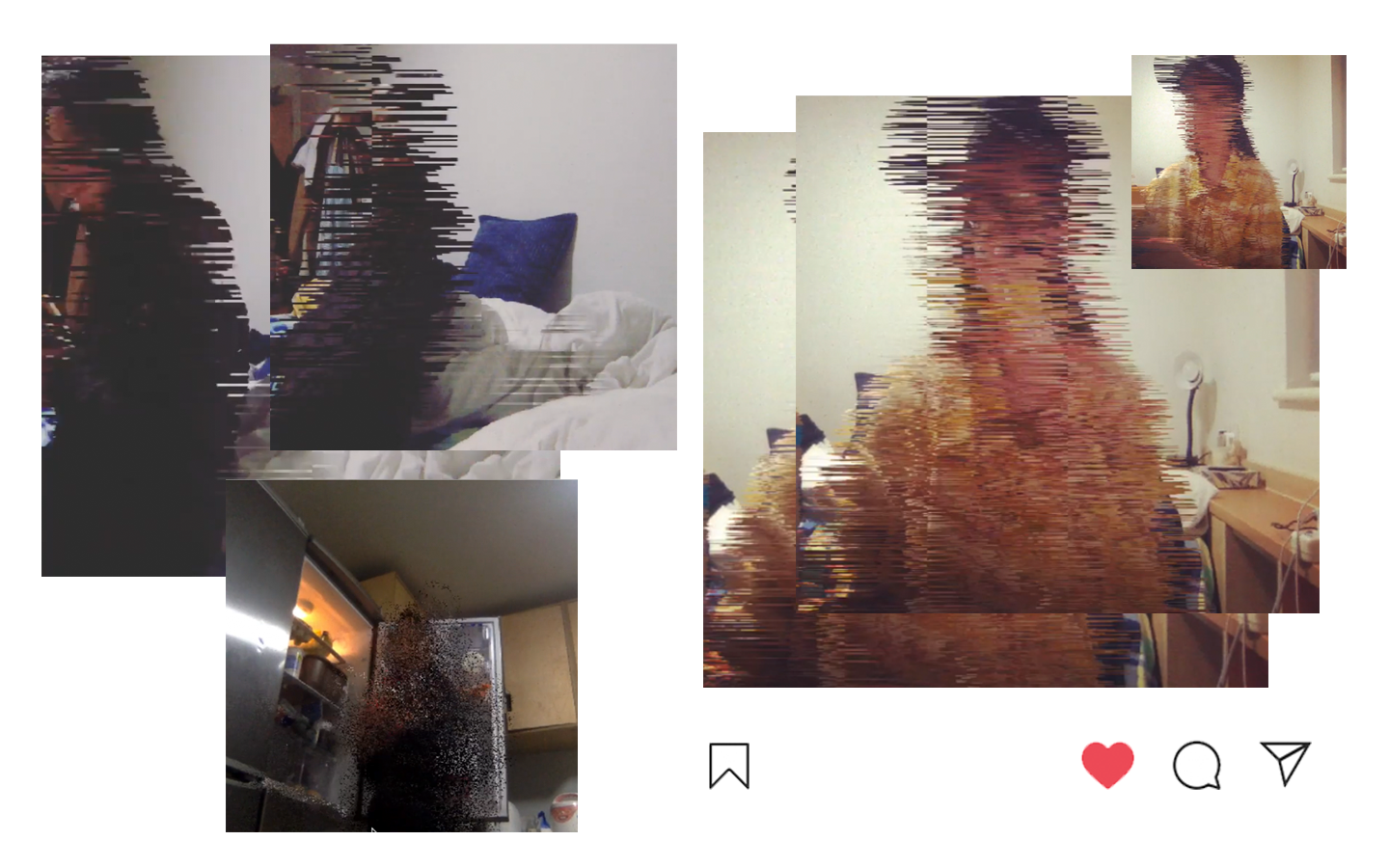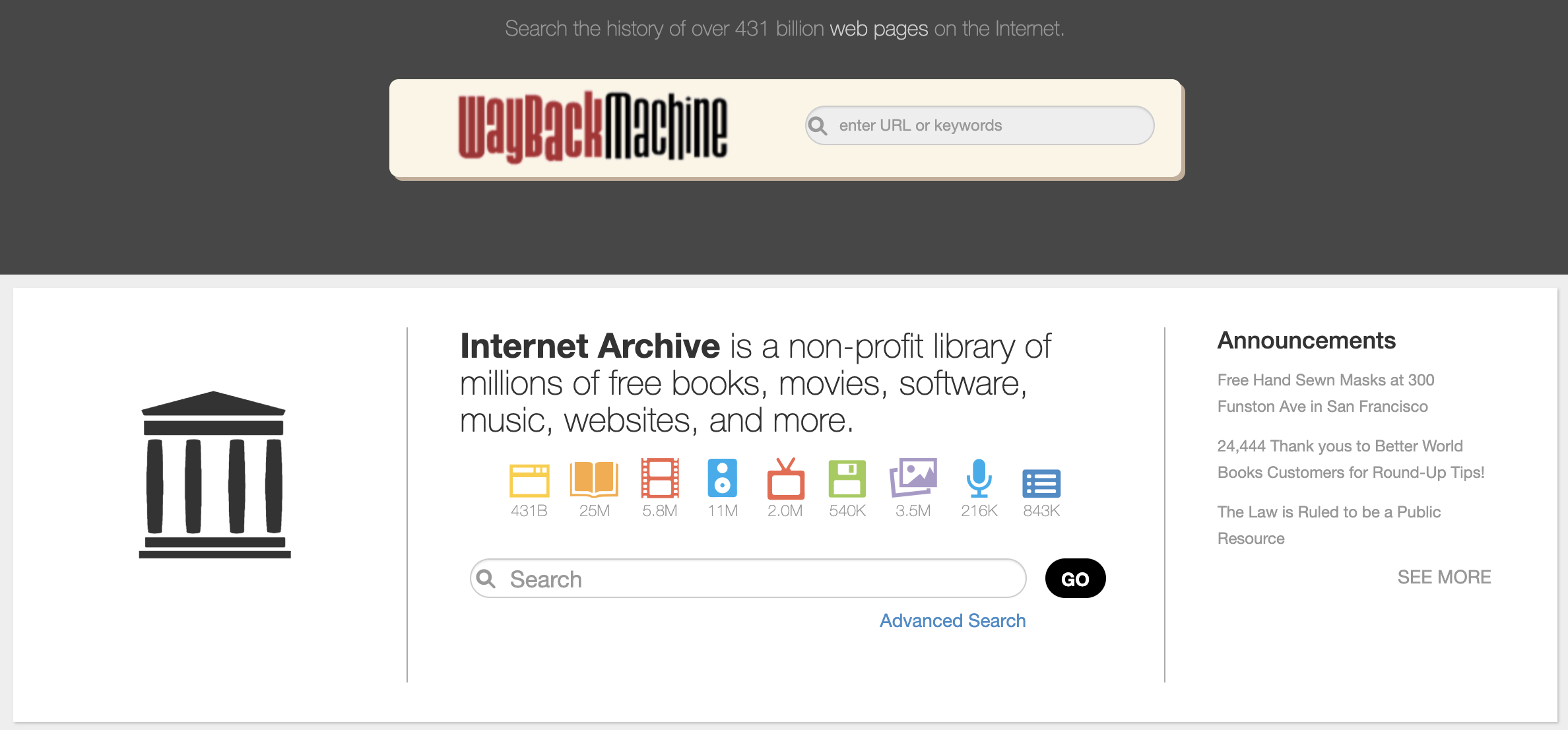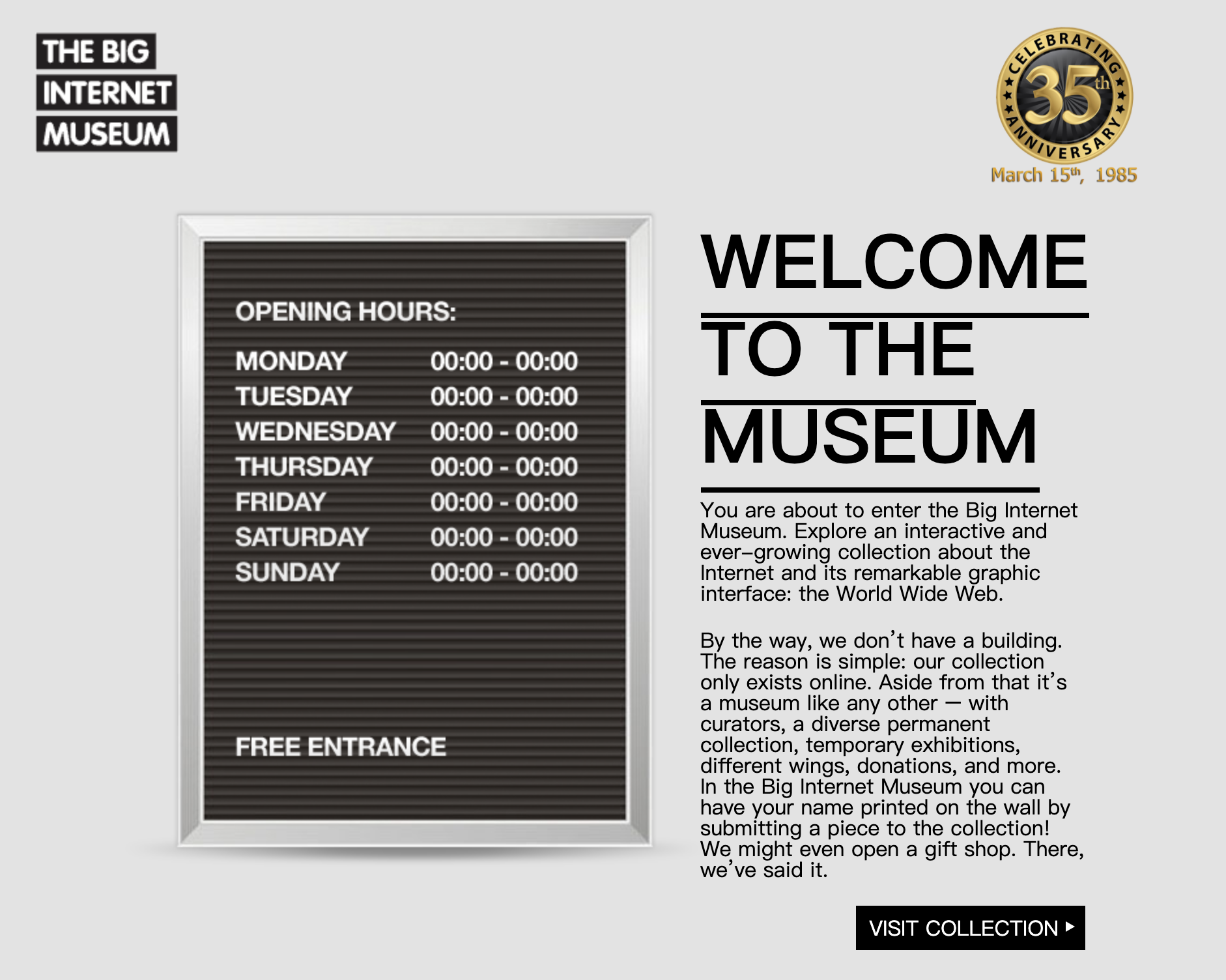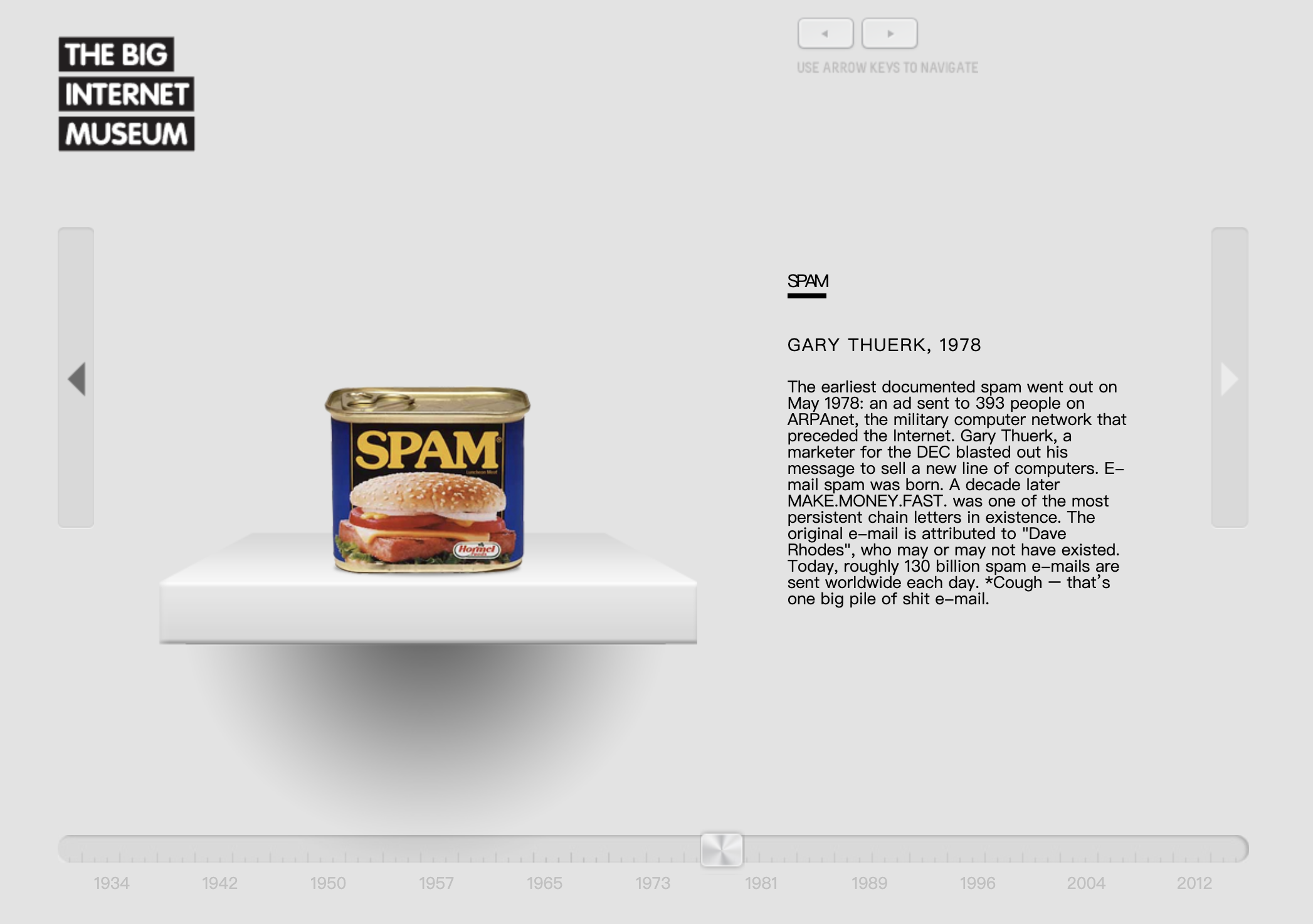Ruins of Cyber
Producer: Peilu Chen
My research project is a virtual artefact aiming to explore the emotional data under digital witness: It raised the question of how we preserve memories in the post-human era that and what these data mean to people as their digital heritage.
Research
Data ashes
Like the dust in the universe, the traces left by each of us in the online world are fragments of data from this universe. Swedish scholar Amanda Lagerkvist believes that the digital traces of individuals should be viewed from an existential perspective, and the collection of these traces is regarded as another "digital body" of our cyberspace. In this sense, digital heritage is not just piecemeal information about individuals but represents the way people live in the world online. As McLuhan argued, the environment created by man becomes his medium, by which man defines his role in the environment. As an extension of the users' physical bodies, in the environment constructed by the Internet, they are dapted, used to, and even indulged, then it has become a new environment for the body.
On December 14, 2019, Yahoo announced that it would permanently delete all user content of the Yahoo Groups. After the news was released, some users quickly organized to protect as much data as possible, establishing a website called "Yahoo Groups Expeditionary Force Headquarters" and using Python to grab the data. Verizon employees and archive action organizers said the reason for deleting the data is that the maintenance cost is too high, and most discussion groups are "unused". However, for platform users who enjoy enterprise services, what they delete is their vivid memories and the network cultural heritage that can be used as a reference for future generations. Destroying Yahoo Groups' data for more than ten years is tantamount to destroying a historical monument. This reflects people's attitudes towards Internet data are contradictory. Some hope that the Internet will learn to "forget" to protect personal privacy while some hope they are good at "memory" to preserve the traces of human activities.
Cyber-archaeology
The Internet has its memory. According to Digital 2019 reports, more than six hours of our day is spent online, including on social media. As we share more of our life, work, emotions and opinions on the Internet, the Internet assumes the role of a recorder, which is not a metaphor. On most online platforms, the text we publish will be accurately recorded in seconds, and the photos we post will not fade and will convey our emotions at the time after many years because the Internet has far more memory than any traditional media.
Here I want to mention a term called "Cyber Archaeology" (The network archaeology here does not refer to the traditional archaeological behavior through the network, but refers to the historical investigation of Internet data.), although in fact this discipline has not yet formed a system. Today's historians must obtain the details of history by piecing together evidence such as cultural relics, documents, and historical legends. So how does a historian one hundred years later verify our history today? Digital products are flooding like floods in the current era. As more and more things are digitized, the online world will surely become one of the main positions for future investigation. The problem of massive digital heritage and the use of various anonymities and pseudonyms will cause difficulties for future historians to explore the world of the Internet.
The Internet also needs its unique history book, so as to keep human civilization organized. This can be seen as the construction of Wikipedia through indexing and detailing methods. But beyond that, some minutiae exist in the crumbling private space of the Internet.
The Archives
Then I looked at the largest non-profit Internet archive in existence-Internet Archive is a non-profit. It was founded in 1996 by Alexa founder Brewster Kahle. It brings together the digital data of websites, music, moving images and millions of books from the past 20 years. It is free and permanently stored like Wikipedia Obtain. Until October 2012, its information reserves reached 10Pb (1Pb = 1024Tb), and they are stored like "snapshots".
"The Internet Archive saves only the tip of the iceberg of the Internet. As the first generation of humans who left a lot of traces in the virtual space, when we leave, the traces we leave in the online world will slowly disappear," the founder of the Internet Archive Kahle pointed out, "Now the data seems to be ubiquitous, but it is unexpectedly fragile." Cyber archaeology is not similar to traditional archaeology. Once the only medium storing data is physically damaged, the history disappears. At present, people have not yet realized the importance of cyber archaeology, so this is also a major factor in its destruction.
TBWA Amsterdam and MediaMonks created the world’s first museum fully dedicated to the Internet called “The Big Internet Museum”. The museum is totally online with 24/7 opening hours and free entrance for the user to experience an interactive and ever-growing collection about the Internet.
Except for the Victorian building, the long queues and the cash desk, it is almost the same as a traditional museum. “We believe the museum is not ours, but in the hands of the public, just like the Internet itself,” said Joep Drummen of TBWA.
Digital heritage
"Digital heritage" refers to the traces of communication left by the deceased on the Internet. A study by the Internet Research Institute of Oxford University estimates that if the number of Facebook users continues to grow at the current rate, the platform will accumulate 4.9 billion "death accounts" by 2100; among these "digital heritages", there are more people who have abandoned accounts than who passed away, leaving this type of social platform a huge data cemetery. As data redundancy, they float in the cyber universe like space junk.
"In the twenty-first century, personal data may be the most valuable resource that most people must provide." Yuval Harar, the author of "A Brief History of Mankind," has expressed concern that if the entire Internet evaporates, countless people may find themselves in paralysis.
People have the right to determine the ownership of their digital heritage. Thomas Friedman, author of "The World is Flat", pointed out that in the post-industrial era, we must expand the concept of ownership. Elaine Kasket, author of the book Ghost in Machines: Eternal Life in the Digital Age, said: "We should seriously consider everything we store or trust on digital platforms. If we equate digital products with physical products We all look like extreme hoarders. "This also extends digital witness from collective archaeological behaviour to the study of individuals. Personal data is emotional. With the help of big data, you can outline the traces of a person ’s life on the Internet, print them out and make a book, as thick as a dictionary, the world becomes a huge library Reading others, being yourself, and waiting to be read. The more relics of your online life, the more your data looks like you.
Artifect
The project "Ruins of Cyber" creates the abandoned "digital heritage", which is also the emotional data under the digital witness, reflecting a form in which the data from abandoned or deceased social accounts in the Internet universe, that is called "floating space junk". It is a private space in the network public environment, but when no one belongs to it, it is watched like a ghost, interpreted by different audiences and given different meanings. It is an unrecognized relic of cyber archaeology, but there are indeed many such relics. To some extent, data becomes fragile living bodies.
Technical
MAX / MSP, Processing for video processing and Instagram for uploading. I use the Webcam with Max's jitter to achieve a dynamic glitch effect of the moving objects, which makes the subject becomes blurred to express that the protagonist in this social account is no longer at its presence.
Reference
N. Katherine Hayles. 'How We Became Posthuman: Virtual Bodies in Cybernetics, Literature, and Informatics'. 2008
Marshall McLuhan. 'The medium is the massage: an inventory of effects'. 1996
Saima Salim. 'More than six hours of our day is spent online – Digital 2019 reports'. https://www.digitalinformationworld.com/2019/02/internet-users-spend-more-than-a-quarter-of-their-lives-online.html
Devin Coldewey. 'Internet Archaeology: In which the internet's sordid past is preserved and curated'. https://techcrunch.com/2009/10/10/internet-archaeology-in-which-the-sordid-past-of-the-internet-is-preserved-forever/
Jay Peters. 'Yahoo will delete all Yahoo Groups content on December 14th'. https://www.theverge.com/2019/10/16/20917710/yahoo-groups-deleting-all-content-upload-message-boards-email-communities
Jay Hoffmann. 'Archiving the Web'. 2017.
Paul Frosh. ‘EYE, FLESH, WORLD: THREE MODES OF DIGITAL WITNESSING’. 2019
The Big Internet Museum.https://www.commarts.com/webpicks/the-big-internet-museum
PETER DOCKRILL. 'New Study Shows Just How Quickly Facebook's User Base Could Be Overrun by Dead People'. https://www.sciencealert.com/in-50-years-there-could-be-more-dead-people-on-facebook-than-living-ones
Yuval Noah Harari. 'A Brief History of Mankind'. 2014
Thomas L. Friedman. 'The World is Flat'. 2008
Elaine Kasket. 'All the Ghosts in the Machine: The Digital Afterlife of your Personal Data'. 2019
Max 7 Tutorial 66: Passé Composé.https://www.youtube.com/watch?v=5jLcmB1YdAs


